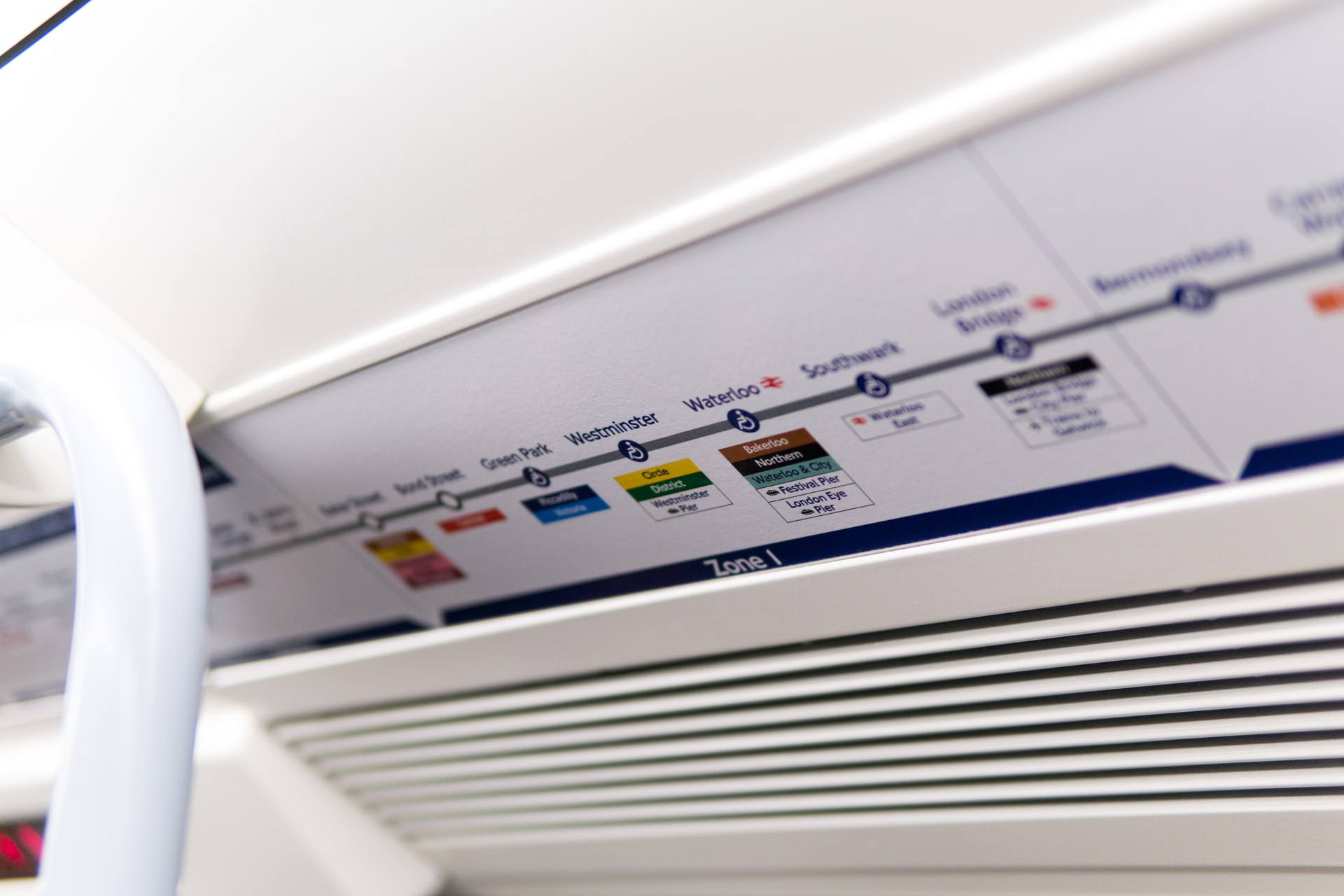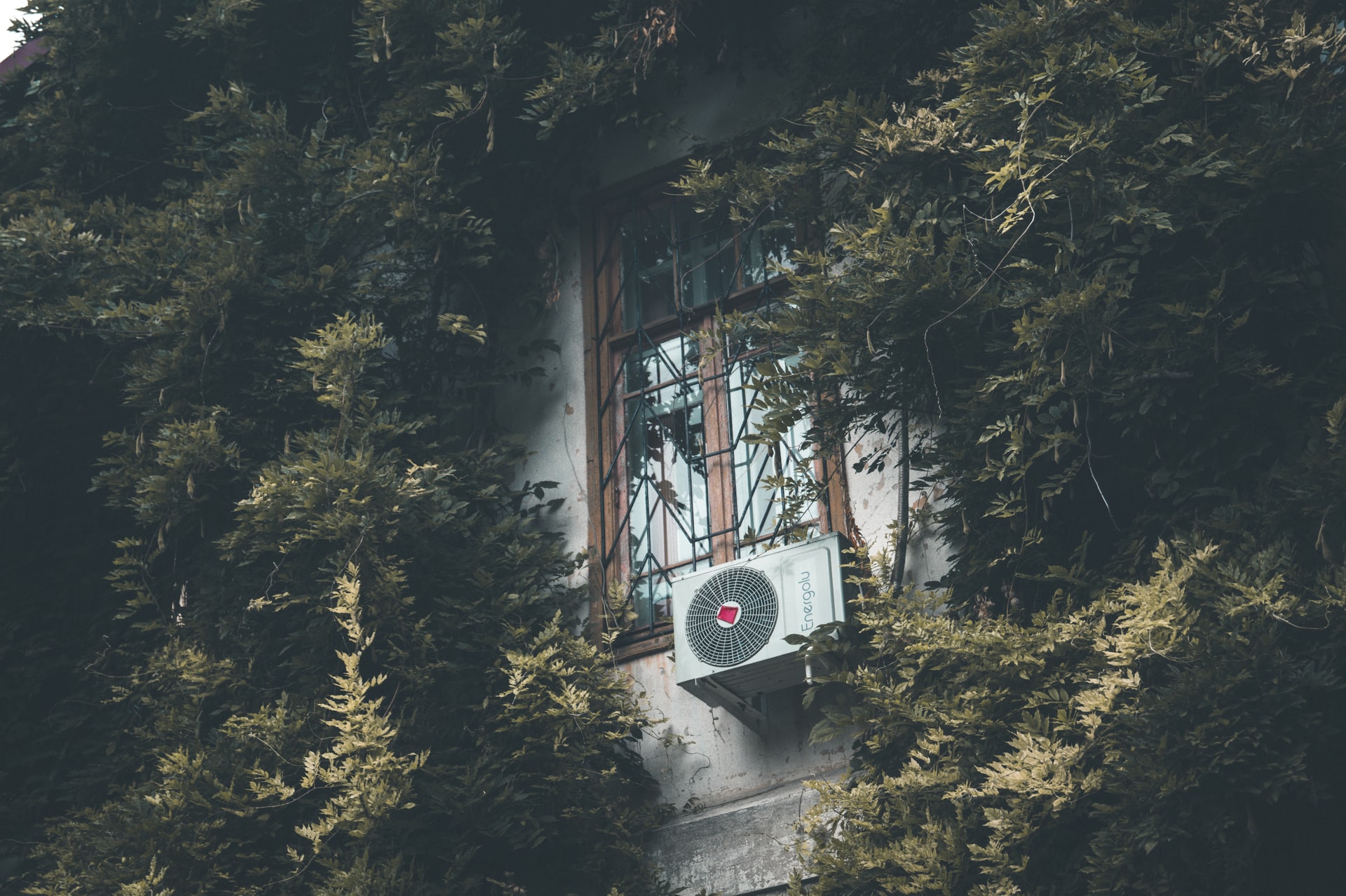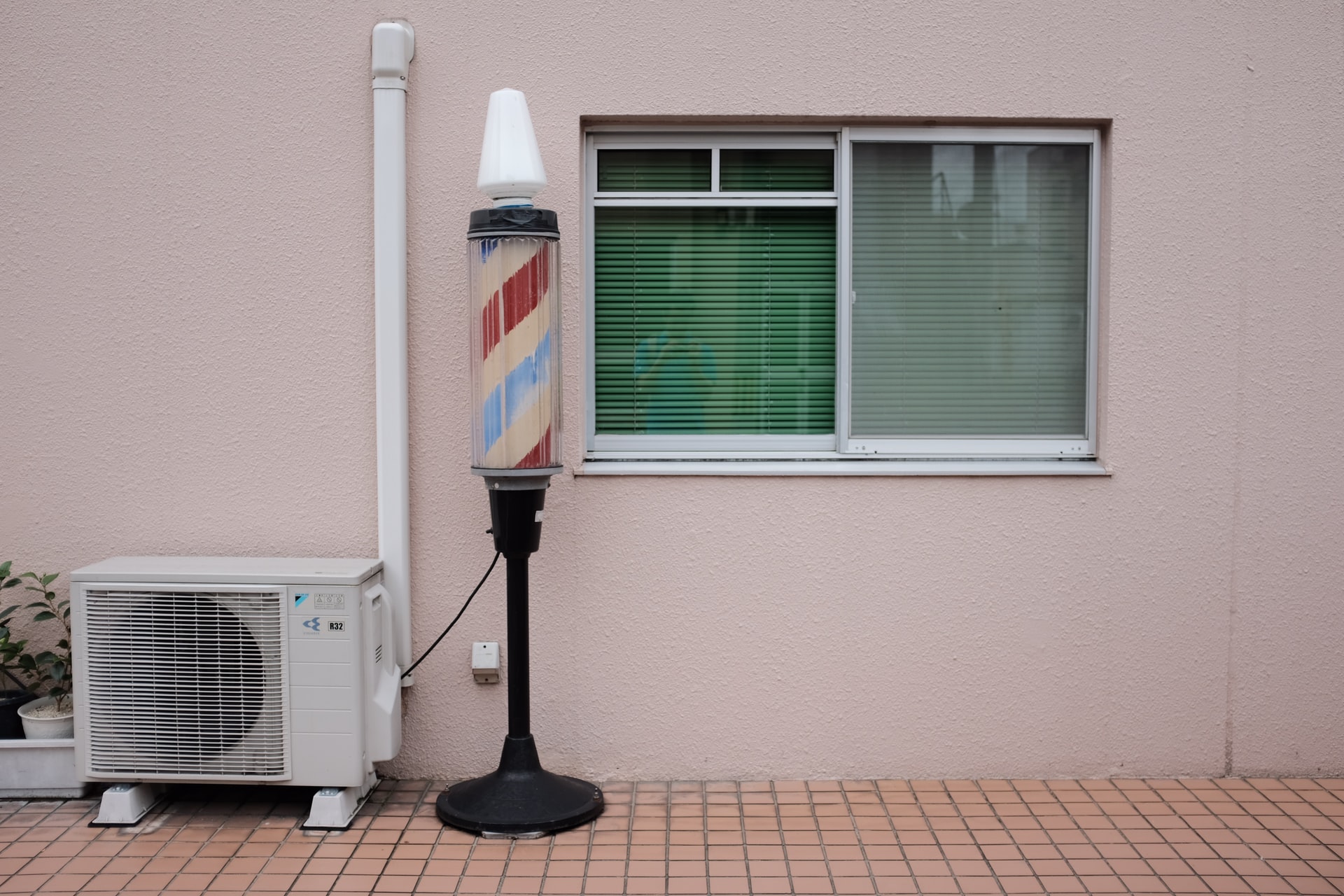To know what to anticipate from each, it’s necessary to grasp the distinctions between commercial and residential HVAC systems. Your comfort is dependent on your HVAC system, whether summer is heating up your room or the cold weather has returned.
Here Are Seven Key Distinctions Between The Two
Complexity
They usually comprise eight simple, conventional components in every construction, which include tenants’ less sophisticated users. The design and elements of a commercial HVAC system differ significantly from those of a residential system, notably in terms of complexity. The design and components used in residential systems are quite simple.
Commercial units also require advanced exhaust mitigation systems, which are not required in most residential installations.

The cause for this is the use of varied zone occupancy and activity at various times during the day or night.
Commercial HVAC systems sometimes require extra components to limit or limit treated air in various zones of the building, in addition to the fundamental components required for regulating and dispersing heating and cooling.
Power
In commercial settings, all of these variables have higher values, necessitating a higher tonnage output for proper cooling and heating.
Both systems are sized similarly, taking into account factors like square footage, tenant count, efficiency, and peak usage hours.
Commercial HVAC systems need more power than residential HVAC systems since commercial venues often have a lot more square footage and serve a lot more people.
Residential HVAC systems, on the other hand, focus on more exact sizing for higher cost-effectiveness.
Drainage
A residential HVAC system’s sewage system is small and confined in a much smaller space, which is frequently a single pan located outside the dwelling. Multiple pipes and pans are commonly used in commercial HVAC systems to facilitate drainage, ensure complete evaporation, and prevent overflowing.
As a result, these components increase the required dimensional area for their installation, and the size and strength of most commercial systems make draining much more difficult.
Mechanics Of The System
A commercial HVAC system, on the other hand, is significantly more adaptable. Allowing owners to meet changing needs as their activities expand or contract. Split systems are used in residential HVAC systems.
This means that some components are found only in the interior portion of the system, while others are found only in the outdoor portion. Commercial systems are modular, which means that various components of the system can be added or removed to increase or decrease heating capacity. It is not feasible to modify or expand these components. A commercial system’s numerous components are used together, making upgrades and maintenance easy.
Maintenance Costs
In most cases, only minor maintenance for either the air conditioning system. The furnace is required at the start of each seasonal phase, and the expenditures are small. Home HVAC systems are relatively easy to keep in good working order.

This extra attention, sizing, and complexity drive up the cost of maintaining a commercial HVAC system. Making it considerably more expensive to run. Commercial systems require more supervision, which is not always necessary in a residential unit.
Due to the intricacy of the numerous systems. The size of the unit itself, and the different pieces of its mechanics. Commercial HVAC system maintenance necessitates a great deal more devotion and work.
Residential and business HVAC systems are installed and maintained by HVAC Services MD. For additional information about our services and products for both sorts of applications, please contact us at +1-301-756-1179.

